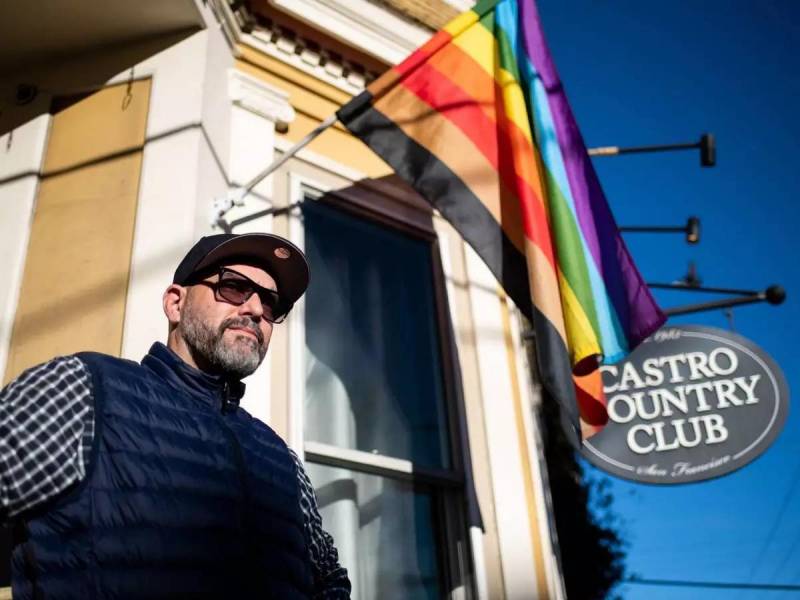Wiener says he was surprised to see the bill pass the California Legislature with near unanimous, bipartisan support.
“The Republicans love it,” he says. “I didn’t think they would, but they actually like it because there’s an abstinence component to it: We pay you money and you abstain from using.”
The state’s Department of Health Care Services, which runs California’s Medicaid program, known as Medi-Cal, also is on board. Department leaders have already asked federal regulators for explicit permission to offer contingency management through a statewide pilot project, and the feds appear poised to grant it.
Until quite recently, the federal government has been reluctant to relax rules that bar public health programs from offering contingency management. In 2020, during the Trump administration, treatment experts asked the U.S. Department of Health and Human Services to waive the rules for two years, but the agency refused.
“It’s clear the [Trump] administration had minimal interest in looking at evidence or science, on a wide variety of topics,” says Laura Thomas, director of harm reduction policy at the San Francisco AIDS Foundation, which helped sponsor the bill.
The Biden administration, on the other hand, specifically stated in its 2021 drug control policy that one of its main priorities is to “identify and address policy barriers related to contingency management.”
As stimulant overdoses soar, California looks to a proven behavioral intervention
The need is urgent, explains Dr. Kelly Pfeifer, deputy director of behavioral health at the California Department of Health Care Services. In 2020, more Californians died from meth and cocaine overdoses than from fentanyl overdoses, and stimulant abuse is wreaking havoc on California’s jails and courts, foster care and hospitals.
“Which are obviously not only devastating to the person and the family, but very expensive for our health care system,” Pfiefer says.
There’s also an increasing sense of hopelessness among people who use stimulants, she adds, because of the lack of effective, available treatments. For opioid addiction, there are now three FDA-approved medication therapies: methadone, buprenorphine and naltrexone. For meth and coke, there are no such medications.
Making contingency management more widely available would make more people willing to seek treatment, Pfiefer says.
“Because people will see success stories,” she says. “They’ll see friends and family getting treatment and getting help and getting better.”
One drawback of contingency management is that the benefits may dwindle once the active treatment ends. For that reason, some doctors believe the incentive treatment should be delivered continuously, in the same way that medication therapies for opioid use disorder are sometimes prescribed indefinitely. But new research indicates the benefits may last longer than previously thought. In a review of 23 previously published trials, researchers at the University of Connecticut found that people who participated in contingency management were 22% more likely to be abstinent six months after treatment ended than people who received other treatments.
For Billy Lemon, contingency management was just what he needed to jumpstart his recovery, and to stay the course in residential rehab. When he cashed out all his incentive payments, he used the $330 to buy himself a new cellphone.
“Because up until then, ‘Breaking Bad’-style is burner phones,” he says, referring to the prepaid disposable phones that people who sell drugs use, then discard, to avoid detection by the police. “My number was never the same.”
Now, nine years later, he’s still sober — he runs the Castro Country Club, a recovery space in San Francisco — and the number he got with his new phone is still his number.
“It’s a nice reminder of what making good decisions for yourself can turn into,” he says.


